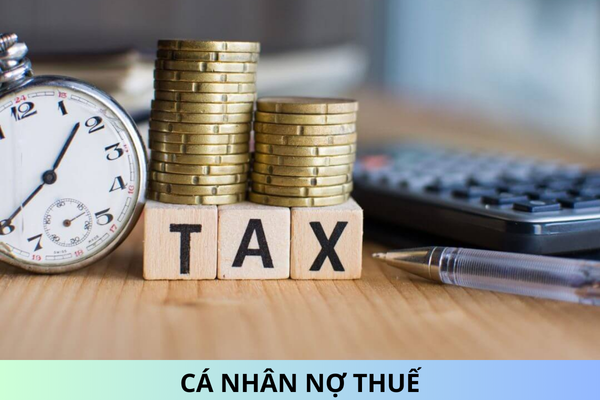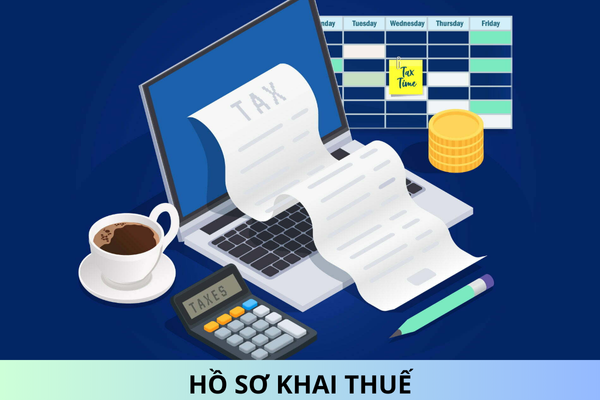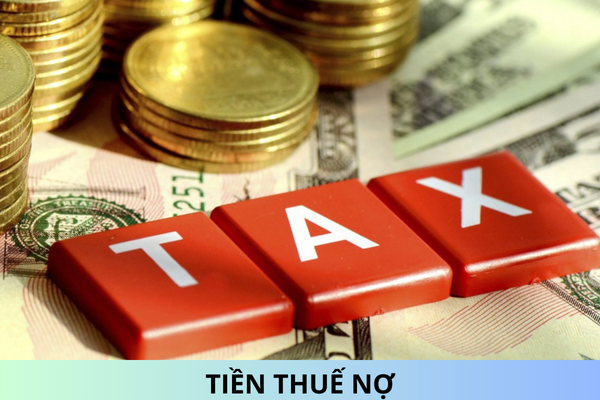What documents are included in the application for registration of a sole proprietorship in Vietnam? Is it permissible for leasing out a sole proprietorship in Vietnam?
What documents are included in the application for registration of a sole proprietorship in Vietnam? Is it permissible for leasing out a sole proprietorship in Vietnam?
What documents are included in the application for registration of a sole proprietorship in Vietnam?
Pursuant to Article 21 of the Decree 01/2021/ND-CP, the application for registration of a sole proprietorship includes:
- The application form for enterprise registration.
- The copies of legal documents of the sole proprietor.
What documents are included in the application for registration of a sole proprietorship in Vietnam? Is it permissible for leasing out a sole proprietorship in Vietnam? - image from internet
Is it permissible for leasing out a sole proprietorship in Vietnam?
Pursuant to Article 191 of the Law on Enterprises in 2020 stipulating regulations on leasing out a sole proprietorship:
Leasing out a sole proprietorship
The sole proprietorship’s owner is entitled to lease out the entire sole proprietorship, provided a written notification and certified true copies of the lease contract are submitted to the business registration authority and tax authority within 03 working days from the effective date of the contract. During the lease term, the sole proprietorship’s owner is still legally responsible as its owner. The rights and obligations of the owner and the lessee to the sole proprietorship’s business operation shall be specified in the lease contract.
As regulated above, it is permissible to lease out a sole proprietorship. A written notification and certified true copies of the lease contract shall be submitted to the business registration authority and tax authority within 03 working days from the effective date of the contract.
Is it possible for the sole proprietorship banned from doing certain jobs in the enterprise’s business lines to transfer the sole proprietorship to another individual or organization in Vietnam?
Pursuant to Article 193 of the Law on Enterprises in 2020 stipulating regulations on exercising the owner’s rights in special cases:
Exercising the owner’s rights in special cases
1. In case the sole proprietorship’s owner is detained, serving an imprisonment sentence, serving an administrative penalty in a correctional institution or rehabilitation center, he/she shall authorize another person to perform his/her rights and obligations.
2. In case the owner dies, this/her heir or one of the legal heirs or designated heirs shall be the owner under an agreement among the heirs. In case such an agreement cannot be reached, the sole proprietorship shall be converted into a company or dissolved.
3. In case the owner dies without an heir or the heir refuses the inheritance or is disinherited, the owner’s assets shall be handled in accordance with civil laws.
4. In case owner is incapacitated, has limited legal capacity or has difficulty controlling his/her behaviors, his/her rights and obligations shall be performed through his/her representative.
5. In case the sole proprietorship’s owner is banned by the court to do certain jobs in the enterprise’s business lines, the owner shall suspend or stop doing business in the relevant business lines under the court's decision or transfer the sole proprietorship to another individual or organization.
As regulated above, the sole proprietorship banned from doing certain jobs in the enterprise’s business lines are allowed to transfer the sole proprietorship to another individual or organization in Vietnam.
What are regulations on capital of sole proprietorships in Vietnam?
Pursuant to Article 189 of the Law on Enterprises in 2020 stipulating capital of sole proprietorships in Vietnam:
- The capital of a sole proprietorship shall be registered by its owner. The sole proprietorship’s owner shall register the accurate amounts of capital in VND, convertible currencies, gold and other assets, types and quantities of assets.
- All the capital, including loans and leased assets serving the sole proprietorship’s operation, shall be fully recorded in its accounting books and financial statements as prescribed by law.
- During its operation, the sole proprietorship’s owner is entitled to increase or decrease its capital. The increases and decreases in capital shall be fully recorded in accounting books. In case the capital is decreased below the registered capital, the decrease may only be made after it has been registered with the business registration authority.
Best regards!











